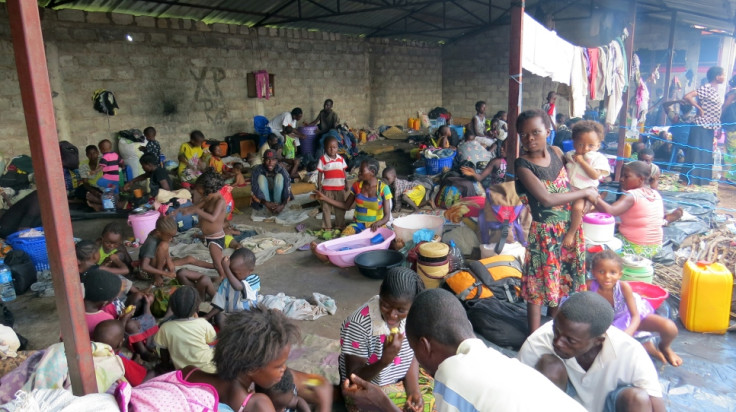Flood of 20,000 Congolese refugees puts strain on Angola
Refugees fleeing neighbouring DRC amid fighting between Congolese army and local tribes.

A governor of one of Angola's northern provinces has said that the continuous flow of refugees fleeing neighbouring Democratic Republic of Congo (DRC) is putting a major strain on resources in host communities in the region.
The brutal conflict between the Congolese army (FARDC), local tribes and local militia Kamuina Nsapu, long-time opponents of President Joseph Kabila, in DRC's previously peaceful Kasai region has already displaced more than one million civilians since it began in August 2016.
These clashes initially erupted in DRC's Kasai-Central province last summer, but then spread to four other provinces.
Citing officials, Ernesto Muangala, the governor of Lunda Norte, told Reuters news agency at least 20,000 Congolese refugees have arrived in the Angolan province in the past month – double the number recorded a month ago.
"Angola is supporting the refugees to ensure safety until the situation is at normal and [they] go back to their family in the country," the governor told RNA, the national radio station.
Refugees are expected to be moved from overcrowded villages to a refugee camp in Lovua, some 1,000 km (600 miles) east of Angola's capital, Luanda, according to Muangala.
Last month, the UN refugee agency (UNHCR) reported how refugees, including some 4,000 children, were "arriving exhausted, many with visible signs of violence, and bringing very [few] resources with them".
Angola is currently hosting some 56,700 refugees and asylum seekers, of whom, close to 25,000 are from the DRC.
A total of 40 mass graves have been found in the Kasai area, which is a stronghold of DRC's main opposition party. The UN alleged the sites were dug by FARDC soldiers following fights with the Kamuina Nsapu earlier this year.
Earlier this week, IBTimes UK heard how the latest massacres reportedly took place in several neighbourhoods of Kananga II, capital of Kasai-Central.
© Copyright IBTimes 2025. All rights reserved.






















